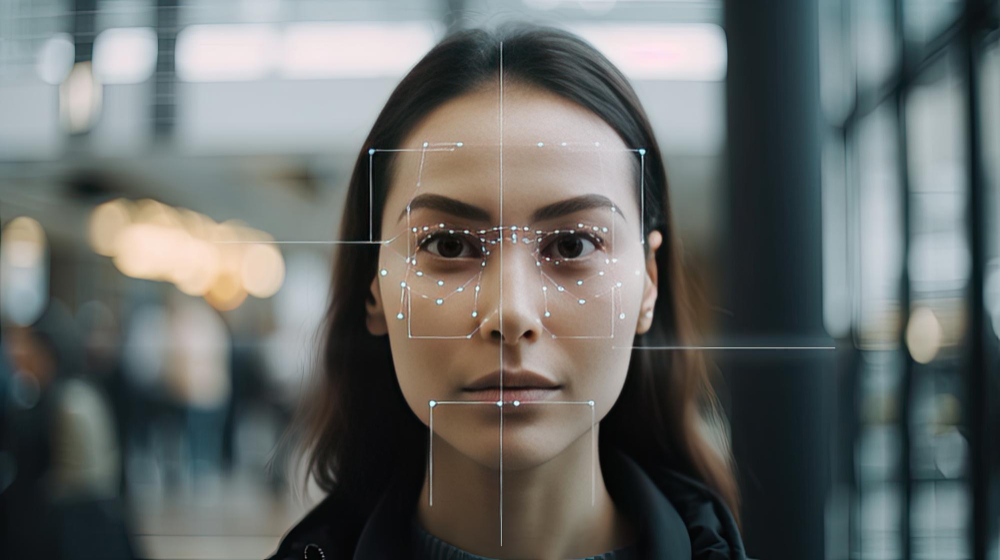In today’s rapidly evolving technological landscape, Artificial Intelligence (AI) stands as a beacon of innovation, offering boundless possibilities across various sectors. The democratization of swap face free, fueled by the availability of free AI tools and resources, has significantly lowered barriers to entry for businesses, developers, researchers, and enthusiasts worldwide. This democratization has unlocked a plethora of opportunities, empowering individuals and organizations to explore, experiment, and innovate in ways never before imagined.
The Rise of Free AI
Traditionally, AI technologies were confined to the realm of large corporations and well-funded research institutions due to the exorbitant costs associated with development, infrastructure, and expertise. However, the advent of free AI tools and platforms has democratized access to AI resources, leveling the playing field for startups, students, and enthusiasts.
Open-source initiatives have played a pivotal role in driving the proliferation of free AI tools. Projects like TensorFlow, PyTorch, and scikit-learn have not only democratized access to cutting-edge AI algorithms but have also fostered vibrant communities of developers collaborating and innovating together.
Empowering Innovation
The democratization of AI has unleashed a wave of innovation across diverse domains:
1. Startups and Entrepreneurship
Free AI tools have paved the way for startups to leverage machine learning and AI algorithms to develop innovative products and services. From personalized recommendation systems to predictive analytics and natural language processing applications, startups are harnessing the power of AI to disrupt industries and address complex challenges.
2. Education and Research
Access to free AI resources has transformed the landscape of education and research. Students and researchers can now explore advanced AI concepts, experiment with algorithms, and develop practical skills without the need for expensive proprietary software or hardware. This accessibility fosters a culture of collaboration and knowledge sharing, driving advancements in AI research and development.
3. Social Impact and Sustainability
AI has the potential to address some of the world’s most pressing challenges, from healthcare and education to environmental sustainability. Free AI tools enable organizations and researchers to develop AI-driven solutions that improve access to healthcare services, enhance educational outcomes, and promote sustainable practices, thereby driving positive social impact at scale.
Challenges and Opportunities
While the democratization of AI presents unprecedented opportunities, it also brings forth unique challenges:
1. Ethical Considerations
As AI technologies become more pervasive, it is essential to address ethical considerations surrounding data privacy, algorithmic bias, and accountability. Free AI initiatives must prioritize ethical guidelines and responsible AI practices to ensure that AI innovations benefit society as a whole.
2. Skills Gap
Despite the accessibility of free AI resources, there remains a significant skills gap in the AI workforce. To fully harness the potential of AI, initiatives focused on AI education and skill development are essential to equip individuals with the knowledge and expertise required to leverage AI effectively.
Conclusion
Free AI represents a gateway to innovation, democratizing access to AI tools and resources and catalyzing advancements across various sectors. By lowering barriers to entry and fostering a culture of collaboration and innovation, free AI initiatives are driving positive change and shaping the future of technology.
